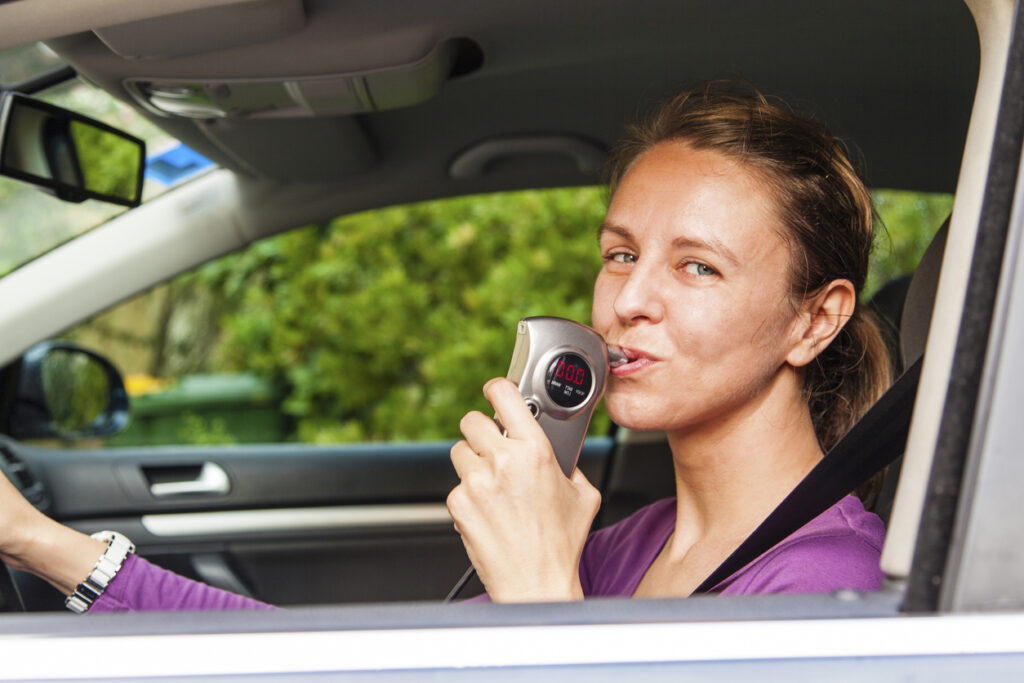In the ongoing battle against impaired driving, the United States is gearing up for a transformative shift. Tucked within President Biden’s 2021 Infrastructure Investment and Jobs Act is a mandate set to redefine the landscape of DUI prevention: by as early as 2026, all new vehicles sold within the country will need to be equipped with passive alcohol detection systems.
For the Law Office of Steven F. O’Meara, a seasoned DUI attorney in Delaware County, PA, this upcoming change poses both new challenges and possibilities. As staunch defenders of the rights of those accused of DUI, we recognize the profound implications this technology might bring to DUI cases in the future.
The foundational principle of this mandate is straightforward but profoundly impactful. The new systems in vehicles will continuously monitor the alcohol levels of the driver. If these levels surpass the legal limit, the system will immobilize the car, preventing any potential impaired driving incident.
However, a mandate this groundbreaking comes with its unique set of challenges. Notably, while the legislation spells out the requirement, the commercial application of this technology is still in its infancy. Automakers, in response, have initiated a race against time to develop, refine, and integrate these passive detection systems into their future models.
Leading this innovative race is Asahi Kasei, a Japanese firm specializing in chemical and electronic production. Their Swedish subsidiary, Senseair, has been on the forefront of alcohol detection sensors research for over 25 years. With the unexpected acceleration of this mandate in the U.S., Asahi Kasei, in collaboration with auto manufacturers and governmental bodies, is working diligently to ensure this technology is ready for integration by 2026.
In-car breathalyzers mark a revolutionary step towards ensuring safer roads for all. Instead of the traditional methods where a driver needs to actively blow into a device, these modern systems prioritize discretion and non-intrusiveness. Drivers will simply exhale naturally, with strategically placed sensors, possibly within the steering column, capturing the necessary data. Advanced algorithms, combined with infrared technology, will then analyze the ethanol content in the breath, determining if the driver is fit to drive.
For DUI lawyers like Steven F. O’Meara, these advancements represent a paradigm shift in how DUI cases might be approached. While the primary goal of these breathalyzers is prevention, they also bring forth questions about accuracy, privacy, and the potential legal nuances that might arise from their widespread use.
In conclusion, as we stand on the cusp of this transformative era in DUI prevention, it’s paramount for legal professionals, drivers, and the community at large to stay informed. The integration of passive alcohol detection systems in vehicles is not just a technological upgrade; it’s a societal step forward in ensuring safer roads and more responsible driving habits. And as these changes unfurl, the Law Office of Steven F. O’Meara remains dedicated to upholding the rights of individuals, navigating the complexities of DUI cases, and offering expert guidance on programs like the ARD, ensuring a fair and just legal process for all.
Did You Know?
Pennsylvania’s Accelerated Rehabilitative Disposition (ARD program) offers first-time DUI offenders an alternative to traditional sentencing. Instead of a conviction, eligible participants can complete a set of requirements, which may include alcohol highway safety school, treatment, and community service. Upon successful completion, the DUI charges can be dismissed, and the individual can petition to have the arrest record expunged. At the Law Office of Steven F. O’Meara, we pride ourselves on being experienced ARD Program Lawyers. It’s vital for first-time DUI offenders to be aware of such programs, as it provides a chance for rehabilitation rather than punishment.



